Hotel packages are helpful for hotels and their guests because they bundle a hotel room with other products or services that may interest them. For hotels, this provides upselling potential, while for guests, it means an improved guest experience and, often, greater value for money. In this article, you can learn about how hotel packages work, the different types of packages, and how to optimize their use.
Table of Contents:
- What Is the Hotel Industry?
- What Is a Hotel Package?
- Why Are Hotel Packages Beneficial for Your Hotel Business?
- Where to Sell Your Hotel Packages Externally?
- Common Types of Hotel Packages
- 5 Tips for Maximizing the Effectiveness of Your Hotel Packages
- Hotel Packages and Different Hotel Guest Types
- The Latest Hotel Trends and Hotel Packages
What Is the Hotel Industry?
Before exploring the topic of hotel packages, it is worth taking some time to establish precisely what the hotel industry is and how it can be defined. The hotel industry is part of the hospitality and wider service industries. It is the section of these industries that is focused on guest lodgings or temporary accommodation.
It should be noted that, based on most definitions, the hotel industry is not limited to hotels alone, with the word hotel meaning overnight guest accommodation. Examples of other types of accommodation included in this definition include resorts, hostels, motels, bed and breakfasts, inns, and guest houses. In the “Hotel Industry: Everything You Need to Know About Hotels!” article, you can explore this definition in greater depth and learn much more about how the hotel industry works.
What Is a Hotel Package?
A hotel package is a name given to several products or services sold together rather than separately. Hotel packages can form an essential part of hotel marketing efforts, and the bundle will generally be sold for less than the combined total price for all the individual components. Most hotel packages are geared towards tourists because buying the package means that several products or services can be paid for together, making bookings quicker and easier.
Common examples of hotel packages include a combination of the hotel room, breakfast, and travel between the hotel and the airport. However, some hotels may offer packages that include tickets to tourist attractions or transport and tickets to enjoy certain activities. Specialized packages can also be aimed at business travelers, offering improved Wi-Fi speeds and other services that may benefit work activities.
Why Are Hotel Packages Beneficial for Your Hotel Business?
Those involved with hotel management can make use of hotel packages for the purpose of upselling. For example, selling a package that includes a hotel room and breakfasts allows the hotel to obtain money for breakfasts that guests may otherwise choose to spend at a nearby restaurant. Therefore, on a basic level, packages can increase revenue. In some cases, hotel packages can help hotels to build valuable relationships with other businesses, such as travel companies.
This can result in both businesses increasing the number of customers they can attract. On top of this, it is crucial to understand that a hotel package can be used to enhance the guest experience. Selling a package that includes travel from the airport can significantly improve the experience of arriving at a hotel. At the same time, adding meals can make life much easier for guests and help them budget for their trip.
Where to Sell Your Hotel Packages Externally?
Once a hotel business comes up with package ideas, finding ways to sell or distribute them is vital. Several mainstream online travel agencies (OTAs) allow hotels to include hotel packages, with examples including Booking.com and Expedia. Still, it is also worth exploring some specialist third-party platforms too.
Several of these third-party platforms are specifically geared toward different kinds of travelers, such as business travelers, luxury travelers, couples, independent travelers, and families. In the “Hotel Websites Where Hoteliers Can Sell Packages” article, you can explore this topic further and access a list of some main platforms to focus on based on the type of traveler you want to sell to.
Common Types of Hotel Packages
Hotel packages can take many forms, but some of the most common and popular options are outlined below:
Meal Packages
Meal-based hotel packages are typical hotel businesses’ most common package deals. Perhaps the most common meal package involves offering a hotel room and breakfast in the hotel restaurant. However, there is a wide range of alternatives to this too.
For instance, half-board packages will provide two meals, usually breakfast, and either lunch or dinner. The full board provides guests with three meals per day, while all-inclusive expands on this further, typically by offering drinks. Meal packages are great for upselling and generating more money from each guest.
Wellness Packages
Wellness packages often appeal to specific types of travelers, such as luxury or lone travelers. The basic idea here is to provide a hotel room and access to services or facilities to help guests relax, unwind, maintain physical fitness, and/or explore self-care options.
Depending on the hotel facilities available, examples of services that could be included within packages of this kind include spa days, gym access, yoga classes, massage services, and access to sports facilities.
Video: Thermen Resorts | Wellness, Hotels & Retreats
Family Packages
Family hotel packages are a great way to attract more guests and can be especially beneficial for hotels looking to increase demand during school holidays. These packages can take many forms, such as offering discounts on multiple rooms and bundling in various family activities.
For example, if a hotel has a children’s club, the package can include membership. Similarly, trips to nearby theme parks and other attractions can be a great way to make booking more convenient for customers. In truth, almost anything in a package deal that makes it easier for parents to plan a family holiday is likely to be warmly received.
Wedding and Honeymoon Packages
Wedding planning can be highly stressful, and a great way for hotels to appeal to couples in this planning phase is to offer packages that take care of some of that work. If your hotel can host weddings or wedding receptions, you can offer package deals that include rooms for the couple and their most important guests.
Alternatively, maybe your hotel operations are more suited toward receiving couples on their honeymoon. In this case, a hotel package can be combined, combining a honeymoon suite room with other relevant products or services. Think romantic meals, spa days, all-inclusive deals, bottles of champagne, and other offerings to make the stay more memorable.
Adventure Packages
Finally, another common hotel package type is geared towards more adventurous travelers who want to be out and about as much as possible, participating in activities. Some activities that may appeal to travelers of this kind include skiing, scuba diving, surfing, snowboarding, hiking, climbing, fishing, and kayaking.
Think about ways you can bundle these activities into hotel packages. You could potentially form mutually beneficial partnerships with local businesses offering these activities. With examples like fishing, it could be an option to include the use of equipment in with your bundle so that travelers do not need to bring their own equipment. This is also an effective way to appeal to adventurous travelers looking to try an activity for the first time.
5 Tips for Maximizing the Effectiveness of Your Hotel Packages
Once you have ideas for the hotel packages you wish to offer, you must consider maximizing their effectiveness. Below are some useful tips for attracting guests and boosting your revenue.
1. Create Seasonal or Holiday Hotel Packages
If you take some time to think about when most people want to travel, it will often coincide with seasonal holidays, school holidays, festivals, or other major events. With this in mind, creating relevant hotel packages for these seasons and holidays makes sense.
It could be possible to partner with a local festival to create a package that includes a hotel room and access to the festival. You might want to focus on packages that appeal to families during school holidays. Do not be afraid to create short-term or one-off packages for specific events, but you can also repeat some packages annually.
2. Appeal to Specific Market Segments
Part of a good marketing strategy will involve using customer data, hotel technology, and other resources to segment the market. For a hotel, customers can be divided into different groups based on the traits and characteristics they share, and this can then be invaluable for targeting hotel packages toward the right demographic.
Market segmentation can be great for helping you to create packages that target different types of travelers. For example, you might create a package that caters to the needs of families, a package that caters to the needs of business travelers, another for adventurers, one for solo men, one for solo women, and one for luxury travelers.
3. Bundle Hotel Packages with Local Activities
Many travelers are determined to sample local culture, including food, experiences, and activities unique to the region. If these travelers are a part of your target audience, it makes sense to try to create hotel packages that bundle hotel services with local activities and offerings.
Work with local businesses, tour guides, travel companies, attractions, and tour operators to create the most compelling bundles, allowing guests to experience local activities and culture easily.
4. Offer Extra Add-Ons for Loyalty Members
Loyalty programs are a key part of encouraging guests to return in the future, and hotel packages mustn’t exclude these loyalty scheme members. The best approach here is to offer these members additional features, services, rewards, or facilities. Speak to different hotel departments and decide what makes sense for your business.
You might wish to design special packages that members of the loyalty program can exclusively purchase. Alternatively, you could allow loyalty members to purchase packages at a discounted rate, or throw in some extras for loyalty scheme members to enjoy upon arrival, such as champagne or extra food items in the room.
5. Coordinate Hotel Packages with Travel Agents
Finally, it is important to coordinate hotel packages with online travel agents. Most platforms facilitate the use of packages, including flights and hotel rooms, or travel and hotel rooms. Distributing hotel packages via these platforms can help you to expand your reach and to target customers who may not be aware of your hotel.
While much of the modern marketing mix is focused on online travel agents, it is also important to coordinate with conventional travel agencies. High street travel agents can be especially valuable for trying to target groups of people, including families, and they allow you to target customers who do not feel comfortable booking online.
Hotel Packages and Different Hotel Guest Types
Targeting your hotel packages to the right customers will rely on understanding the different types of guests. What are the differences in priority for business travelers when compared to backpackers? How should you target couples and families? How does this differ from the ways you can appeal to digital nomads? In the “Different Types of Hotel Guests and Tips on How to Appeal to Them” article, you can learn much more about the main hotel guest types and what you can do to attract them.
The Latest Hotel Trends and Hotel Packages
Understanding the latest trends can be essential for creating hotel packages and offering great experiences, creating a business plan, and securing hotel financing. Examples of some of the major trends to be aware of include the growing importance of hygiene, the rise of AI and voice search, and greater demand for healthy foods. Read “Hotel Trends: Discover The Latest Developments in The Hotel Industry!” for more information on the most significant trends and why hotels need to capitalize on them.
Hotel Packages FAQs
Hotel packages are a crucial way for hotels to make their offering more appealing to customers while simultaneously providing upselling potential. The tips provided can help you to maximize the opportunities that packages provide.
More Tips to Grow Your Business
Revfine.com is the leading knowledge platform for the hospitality and travel industry. Professionals use our insights, strategies, and actionable tips to get inspired, optimize revenue, innovate processes, and improve customer experience.Explore expert advice on management, marketing, revenue management, operations, software, and technology in our dedicated Hotel, Hospitality, and Travel & Tourism categories.
This article is written by:
Hi, I am Martijn Barten, founder of Revfine.com. With 20 years of experience in the hospitality industry, I specialize in optimizing revenue by combining revenue management with marketing strategies. I have successfully developed, implemented, and managed revenue management and marketing strategies for individual properties and multi-property portfolios.

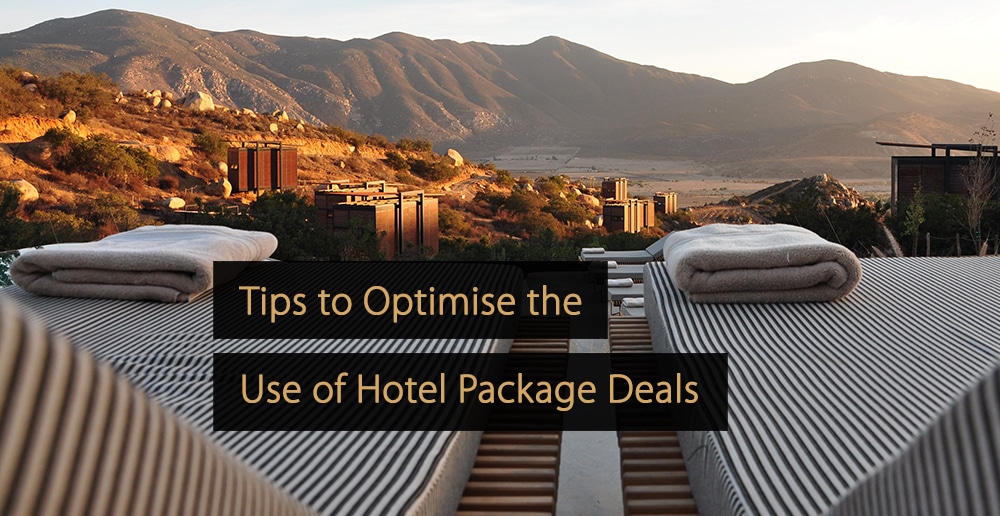


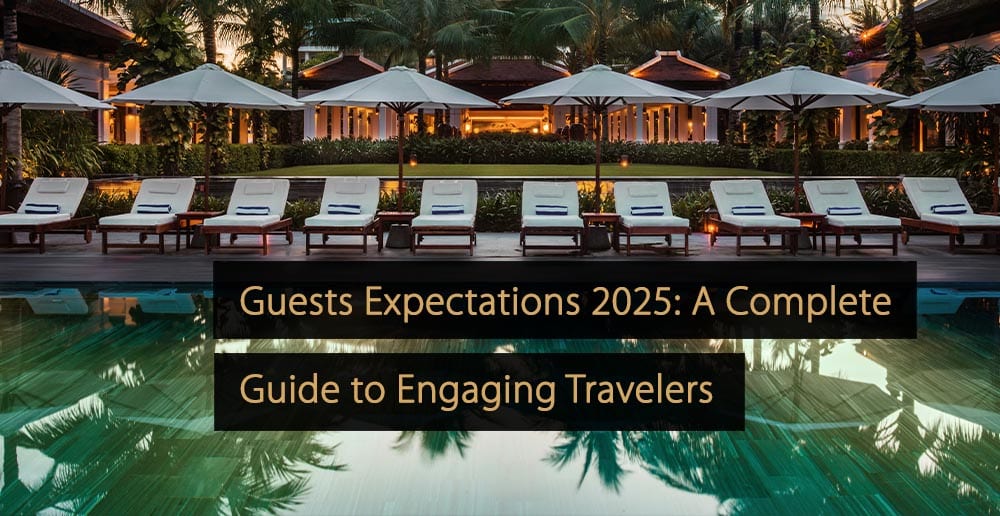

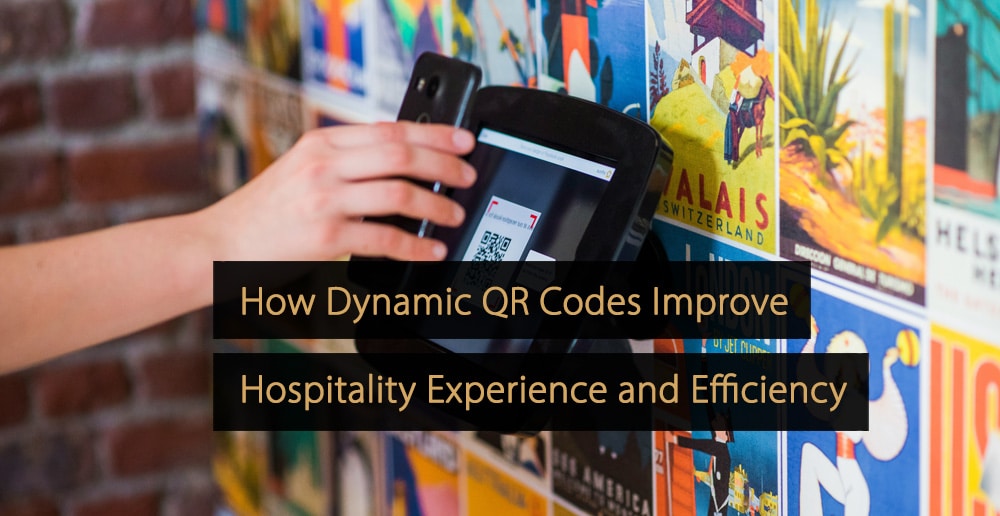
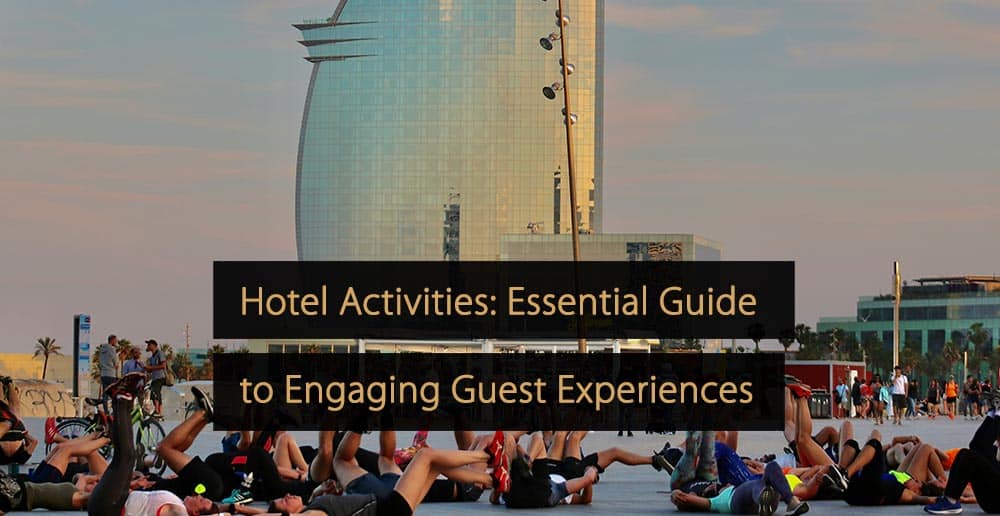
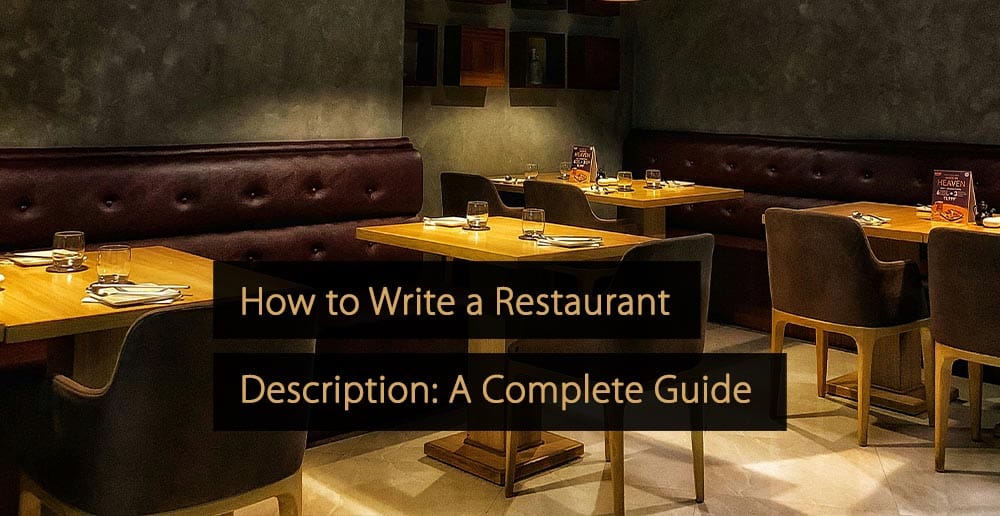
Leave A Comment